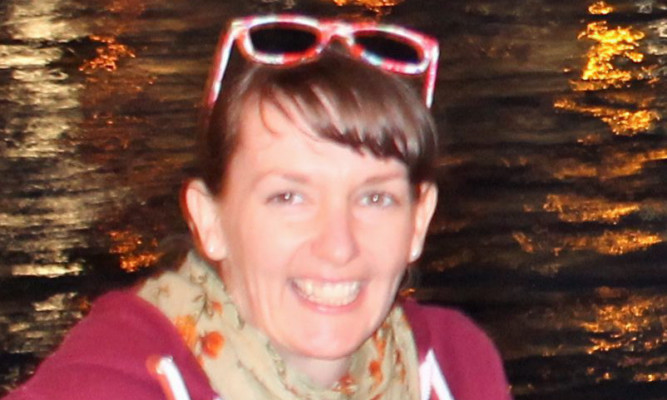The return of the Ebola virus in Fife nurse Pauline Cafferkey is “concerning”, a leading expert has said.
Virologist Professor Andrew Easton, of Warwick University, said that although the virus had persisted in a patient before, it was unusual so long after the first diagnosis.
He said: “We haven’t seen it return after this long. It is concerning. There are lots of unknowns at this stage. It is very difficult to tell and I don’t want to predict what the outcome may be.”
Ebola can occasionally persist for some months in certain tissues within survivors as it is retained by parts of the body where the immune system struggles to reach. These include the testes and the liquid in the back of the eye.
Prof Easton said Ms Cafferkey’s condition may have worsened as the virus pushes back from where it was contained – meaning she would go through the same stages of the virus as she had previously.
He said: “It has resurfaced from where it has been residing from in the past 10 months which will push the process into its normal stages again.”
Prof Easton added that Ms Cafferkey could face experimental drugs.
He added: “Even basic medical provisions have shown to improve survival rates. There are lots of new treatments that could be used. The usual protocol of testing these drugs is being put to the side because the patient is at such risk. It is up to the highly trained medical staff who understand the risk to decide whether to use them.”
Prof Easton said it was “unlikely” the 58 people identified as being in contact with Ms Cafferkey before she was diagnosed would be affected.
